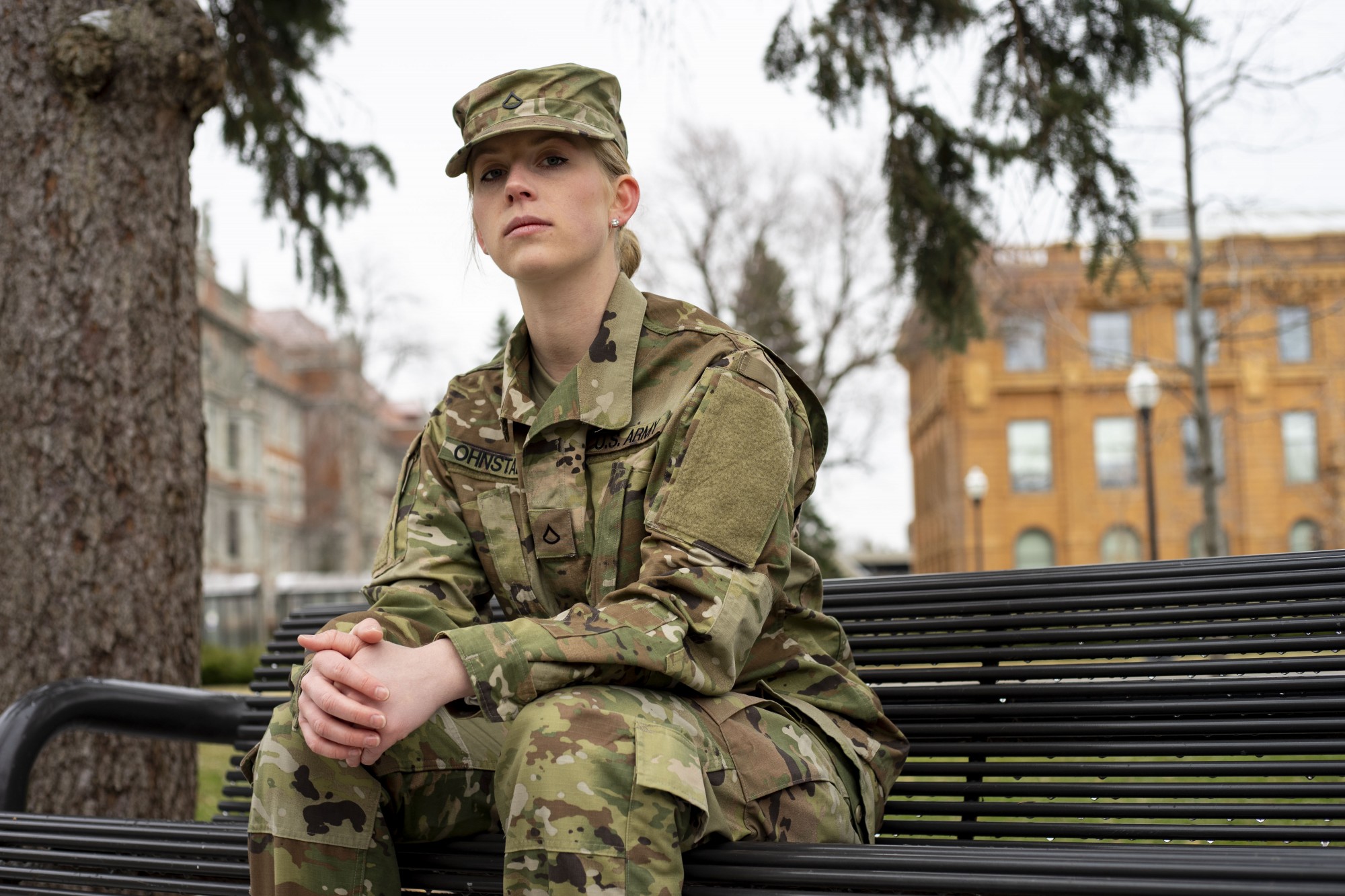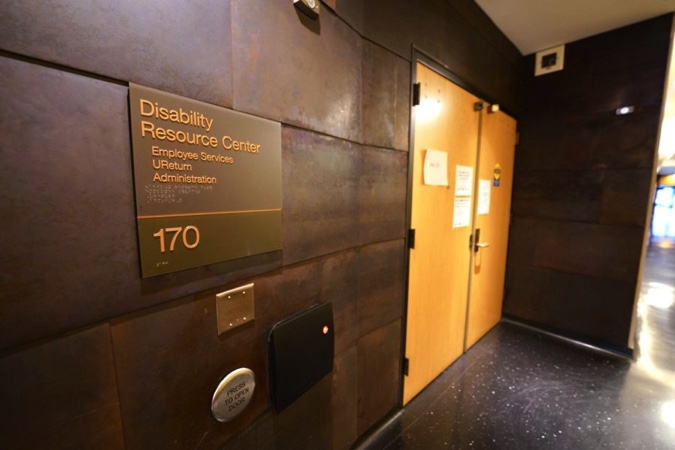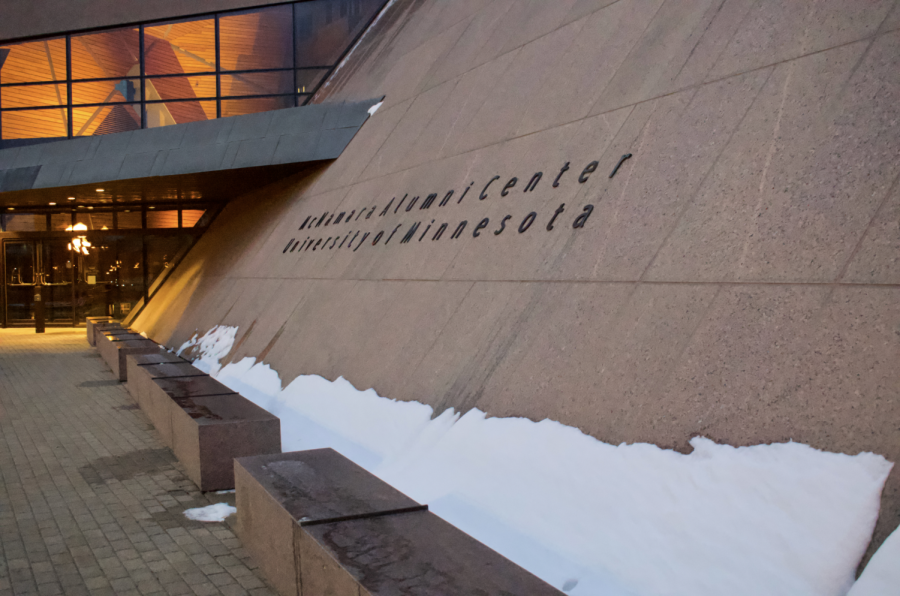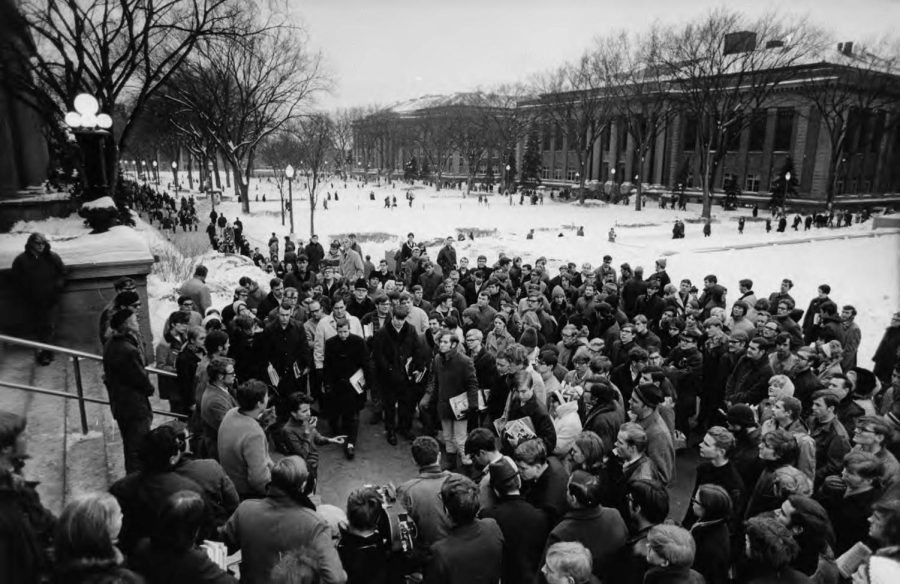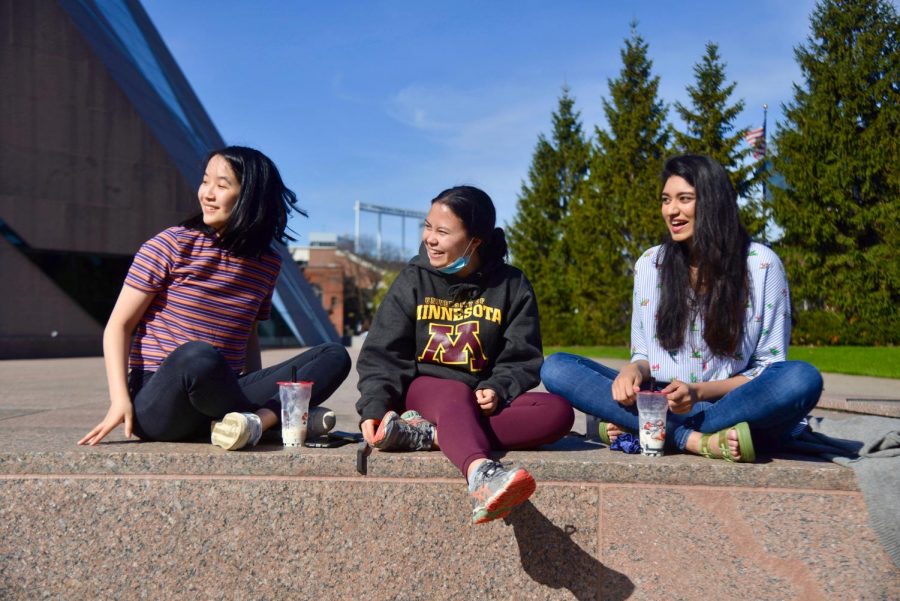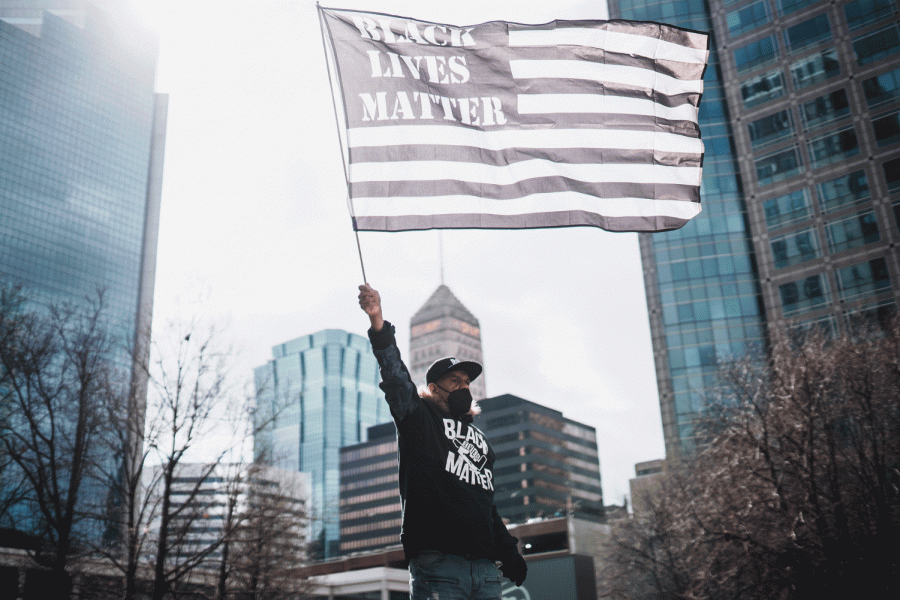Across the United States, students enlisted in the National Guard are adjusting to life during a pandemic.
So far, this means shifting to online classes, using Instagram for workouts and changes in annual training. But in states with a larger National Guard response, some students are beginning to serve on missions directly related to the coronavirus response.
For the more than 100 students at the University of Minnesota enlisted, this brings added uncertainty for their future.
While it is unlikely that they will be asked to serve on a mission related to COVID-19, the National Guard and the University are prepared for the possibility and ready to support cadets, said Capt. Brook Vance, assistant professor of military science.
Responsibilities and schedules in the National Guard are different for each individual. Training may include military science classes, which teach leadership, field training and navigation skills among others — how to be a soldier, Vance said. Students who are a part of units within the National Guard may complete varying drills throughout the year.
Before the shift to online classes, cadets completed physical training every morning. Now, some cadets have started an Instagram page where they can post videos of their workouts or training plans to keep each other motivated, Vance said.
“That’s one of the biggest concerns, them not being able to do physical training together. They will have to take [a basic training physical test] at the end of the semester whether we trained in person or not,” Vance said.
In Minnesota, more than 150 personnel have been active in responding to the pandemic. Their responsibilities have included planning, logistics and support to state agencies in coordination with the State Emergency Operations Center, according to a statement from Maj. Gen. Jon Jensen.
“We remain ready to respond, as needed, to assist Minnesotans,” Jensen said.
New plans for new recruits
Like other students at the University of Minnesota, Violet Ohnstad’s life has been turned upside down by the emergence of COVID-19.
Since enlisting in January, Ohnstad has been participating in the Recruit Sustainment Program, which prepares recruits for basic training. The program has shifted to online instruction, which Ohnstad said was frustrating because she learns better through in-person instruction.
A senior studying fisheries, wildlife and conservation biology, Ohnstad had been looking forward to walking at graduation, entering a strong job market and running a marathon in June.
But the coronavirus has put all of those events on hold and has added uncertainty over what the next few months look like as she prepares for boot camp and basic training.
“It’s definitely difficult in the sense that I feel like I’m missing out on a lot of things I’ve been looking forward to and planning for,” Ohnstad said. “Everything feels like there’s no finish line.”
Despite all of this, Ohnstad said she is excited to be a part of an organization that responds to crises like the coronavirus.
“People don’t normally think of the National Guard as an entity that actually does stuff, so it makes me really proud that we’re actually helping this whole system work more smoothly,” Ohnstad said.
Balancing school and enlistment
Serving in the National Guard while attending school means juggling multiple responsibilities and can be challenging, regardless of the pandemic.
“Even though it’s only two weekends a month, it’s more work than people [assume],” said Thu Mai, a senior studying health services management at the University who has been enlisted in the National Guard for almost six years.
In her role with the National Guard, Mai’s section works with food, helping serve soldiers at training. Because Mai has been a part of the National Guard for so long, she also helps train new cadets.
Mai joined the military while in high school and said she was interested in the unknown territory the military posed. Mai said as an Asian woman, she also wants to break barriers.
Mai has not participated in a scheduled drill since Minnesota saw an uptick in the number of coronavirus cases but said she does not know what the future may hold.
Because soldiers work together in close quarters, it will be hard to appropriately social distance while completing missions, Mai said.
Most of the work Mai does is with a team, which can be challenging at times, but always rewarding, she said.
“What’s unique about the military in general, is that no matter who you are, once you put that uniform on you are a team,” Mai said.
Students on the front lines
In states that mobilized larger portions of their National Guards in response to the coronavirus, some students are serving on the front lines.
This means that students like Staff Sgt. Tina Meyers are helping the state of Michigan tackle COVID-19.
Meyers is a cybersecurity student at Davenport University in Grand Rapids, Michigan, who has served in the military for over eight years. She said she is proud to help fight COVID-19 and that instructors have been supportive of her situation.
Right now, Meyers is a part of a group building 1,000 hospital beds to transform the TCF Center in Detroit into a temporary hospital for COVID-19 patients.
“I do have to ask my teachers to let me be a little late on some assignments because we’re here working 10 or 11 hour shifts, and I drive an hour each way,” she said.
On top of a longer commute than usual, Meyers is also unable to see her son, who is considered at-risk for COVID-19.
“It’s a little stressful,” Meyers said. “I love it, but it can be stressful.”
Next, Meyers will help pack and distribute food to elderly populations, but she does not know what missions beyond that will look like. She is on orders for 45 days.
Back in Minnesota, students enlisted in the National Guard are adjusting to uncertainties in both roles.
For Ohnstad, who said that prior to the pandemic she had the next six months of her life planned out, canceled and delayed events have upended her future. But despite this, she is still looking forward to her work in the military.
“I realized I could be a part of something bigger than myself and actually help the world in more ways that I could myself,” she said.


